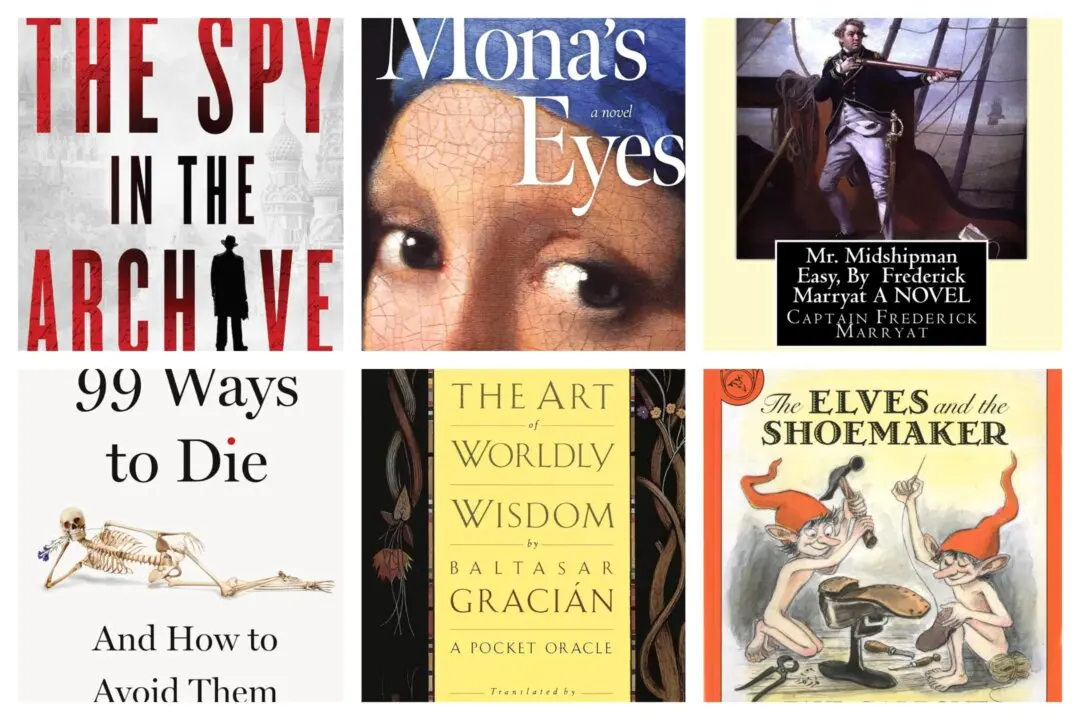As we face this pandemic, the food we choose takes on renewed importance. With confusing and conflicting nutritional information out there, it can be challenging to know the best way to cook and eat.
We asked naturopathic doctor and nontoxic-living expert Dr. Christian Gonzalez for his advice on what to buy and how to eat during this unique time. Here’s what he said.






